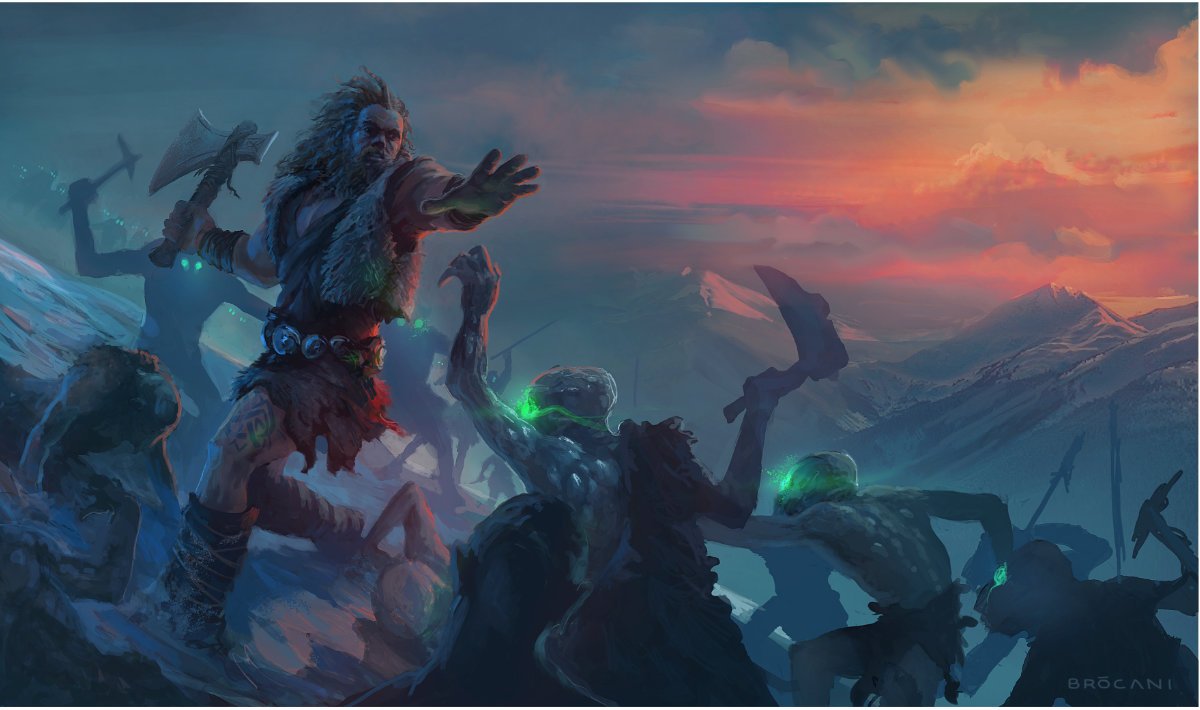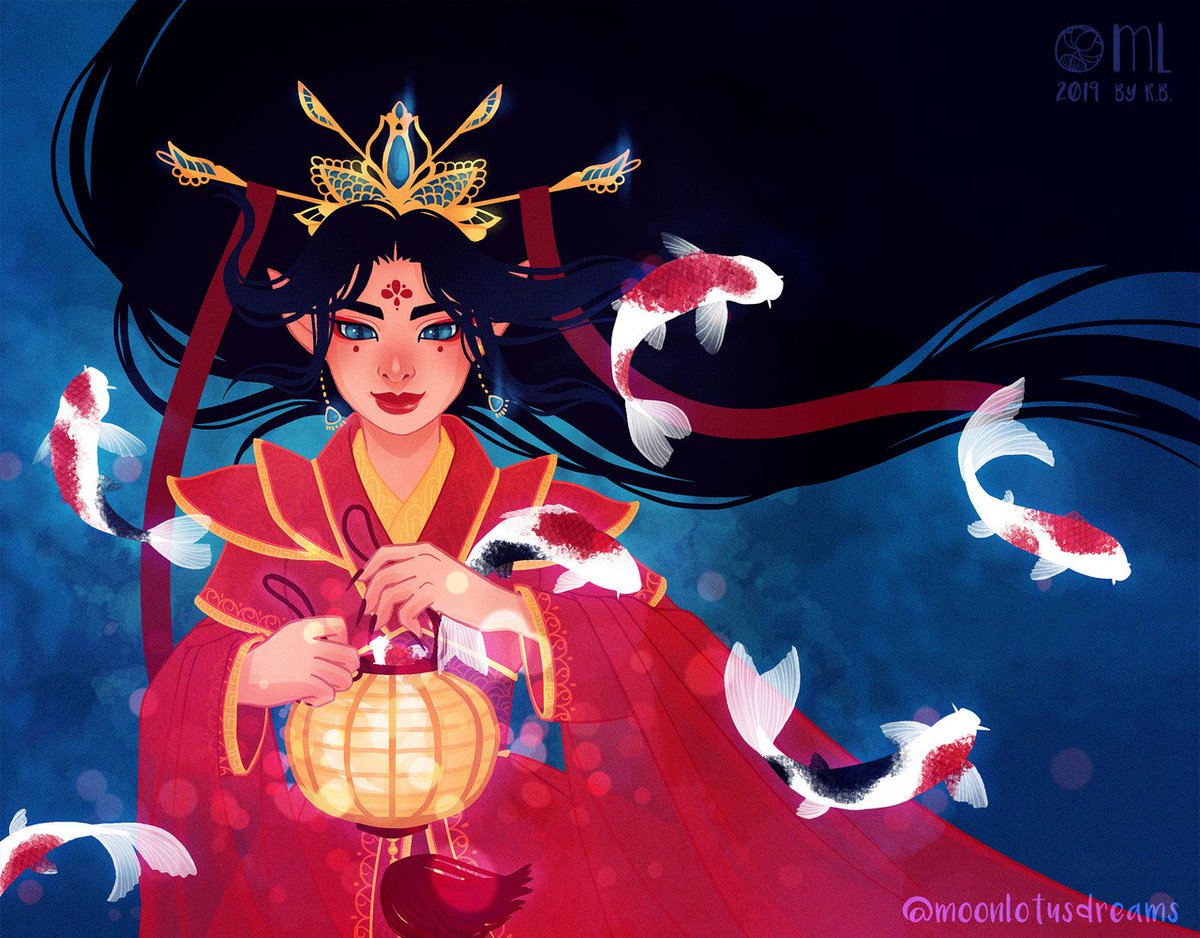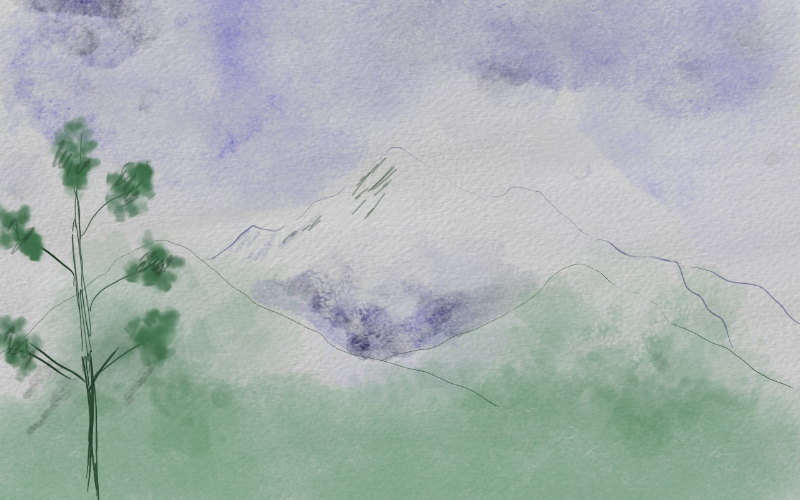I recommend clip studio paint for digital painting - sometimes they have sales on and you can get it for around £15, I also recommend affinity designer for vector artwork- definitely worth getting both. I don’t recommend affinity photo for painting currently as the blending and brush mixture tools aren’t great, you’ll want a decent. Jan 17, 2021 - Explore Miki Plank's board 'Affinity brushes' on Pinterest. See more ideas about photoshop brushes free, digital painting tutorials, digital art tutorial.
Latest Version:
Affinity Photo 1.9.2.1035 LATEST
Requirements:
Windows 10 (32-bit) / Windows 10 (64-bit)
Author / Product:
Serif / Affinity Photo
Old Versions:
Filename:
Affinity Photo Windows Trial.exe
Details:
Affinity Photo 2021 full offline installer setup for PC 32bit/64bit
Features and Highlights
Engineered for professionals
Built on rock solid foundations with principles of performance, stability, and lack of bloat, Affinity Photo is a professional photography tool to the very core.
Comprehensive RAW editing
Develop camera RAW files in a dedicated built-in workspace with all the processing adjustments and corrections you need.
Work in any color space
RGB, CMYK, LAB, Greyscale. End-to-end CMYK workflow with ICC color management, and 16-bit per channel editing.
Unsurpassed file compatibility
It got the best PSD support out there, plus all the standards you’d expect including PNG, JPG, TIFF, EPS, PDF, and SVG.
It’s always live
Pan and zoom at 60fps with live previews, live tools, and real-time editing. Even when working on massive images with 1000s of layers.
Dedicated RAW editing workspace
Compatible with all major camera file formats, the Develop persona offers a dedicated processing workspace offering incredibly accurate editing in an unbounded linear color space.
Complete digital darkroom
The app includes all the tools you need from a professional photography application. Every tool has been painstakingly engineered for speed, power, and accuracy—and they work in precisely the way you want them to.
Fast, customizable effects
The tool comes with a huge range of high-end filters including lighting, blurs, distortions, tilt-shift, shadows, glows, and many more. Full control is given over every aspect of a filter’s properties with incredibly precise controls—all the while seeing a real-time live preview of the result. Best of all, filters can be applied as live layers, enabling you to edit, erase away, or mask effects after they have been applied.
Advanced adjustment layers
Correct and enhance images with Levels, Curves, Black and White, White Balance, HSL, Shadows and Highlights, and over a dozen other adjustments that are previewed instantly and can be edited any time. Adjust, readjust, and drag and drop onto any layer, group, mask, or in any place in a stack to control how they’re applied.
Live blend modes
Remove trial and error from your workflow—see changes to blend modes live as you edit without having to click apply each time. the software’s 30 layer blends preview smoothly in real-time while you scroll through them.
Sophisticated selection refinement
Accurate selections are critical, whether cutting out objects, creating masks, or selectively applying adjustments. The selection refinement algorithm is one of the most advanced available, making selections—even down to individual strands of hair—easier than ever before.
Precise photo stitching
The program’s stitching algorithm is one of the most advanced available. On top of accurate automatic alignment and perspective corrections, you get full control over each image and boundary in the composite to fine-tune to perfection.
Extensive retouching tools
Whether you want to make quick corrections or spend an hour on a detailed retouch, AffinityPhoto has all the tools you need. That naturally includes dodge, burn, clone, patch, blemish, and red-eye tools. But you’ll also find an incredibly accurate inpainting brush, frequency separation capability, and a full set of liquify features built-in.
Note: 10 days trial version.
Also Available: Download Affinity Photo for Mac
1. Sketch & Digital Lineart
Start by sketching the overall idea, you can sketch directly in Affinity or scan a pencil drawing.Create a new layer underneath the sketch and use the Flood Fill Tool to apply a white colour.Reduce the opacity of the sketch layer and create a new layer above it for the lineart. Use a round brush to draw your digital lineart using the sketch as a guide.
Tip: You can create multiple layers for the lineart (skin, clothing, eyes, hair, jewellery and lantern). It will be helpful later on if you want to change colours and adjust their position (foreground/background).2. Colours: Flat & Lineart
Drawing In Affinity Photo
Tip: To choose the right colours for your drawing, I find that having a colour palette from the beginning helps quite a lot. You can save the palette in a separate layer so it’s easy to toggle the visibility at any time.Below you can see the colours and tonal variations I’ve chosen to work with in small circles on the top ‘Palette’ layer. I use this as reference while working on the image.
Next create new layers underneath the lineart for each section to be coloured (I have created one for the background colour, one for the skin and one for the clothes. For the lantern, I created a group with lineart and flat colour above all else, as this element is on the forefront).
Now it’s time to apply colours to the line-art. Click on your lineart layer, pick a colour and choose the option Protect Alpha (upper right corner) to use with the Paint Brush Tool. A basic round brush will do the job. You can apply different colours on the lineart to make highlighted areas and darker areas. Note I’ve made the lineart on the shoulders and inner edge of the sleeves bright and kept it a darker tone on the arms.
3. Shading & Details

BACKGROUND
With the watercolour brush DAUB Flat Texture Free 03, draw some highlights behind the main character.
By doing this you will give some depth to the composition.
DRESS & JEWELS
Using the Freehand Selection Tool, select areas to apply shadows and highlights. With the watercolour brush DAUB Flat Texture Free 02, loosely apply a brighter colour for the highlights and a darker colour for the shadows.
Add some details to the fabric and jewellery
Dress: create a new layer and with a basic round brush draw some ornaments and shapes. You can use multiple layers for different effects.
Crown: add some colour variations with the same principle; bright yellow for the highlights and dark yellow for the shadows.
Tip: For the gemstones I created a new layer underneath the crown lineart. This way I am sure I will not colour on top of the gold parts.
For the gemstones I created a new layer underneath the crown lineart. This way I am sure I will not colour on top of the gold parts.Fabric semi-transparency effect
Start by applying a Mask Layer to the clothes colour layer.
Select a soft brush, reduce the opacity and set the colour to black. With the Freehand Selection Tool, select the parts that will need to be semi-transparent. Now paint directly on the Mask Layer to create the transparency.
Tip: You can adjust the Mask as many times as you need by playing with brush opacity and shape. Tip: Use a Mask Layer to mask the elements that need to be behind the dress (in this case the hair and the crown ribbons).SKIN
Select the skin layer and with a soft brush apply a darker colour on the cheeks and the nose. Then, select the base colour and draw the highlight on the nose to give depth. Apply a red line around the eyes for simple make-up and the same red for the lips.
Create another layer above the skin, set 50% Opacity and Multiply blend mode. Pick a red colour and, with a soft brush, accentuate the blush on the cheeks and nose.
Overall shading

Create a new layer above the previous, set it 50% Opacity and Multiply blend mode.Draw the shadows using the skin base colour and a round brush.
Eyes

Select the eyes layer and apply colour highlights to the iris with a soft round brush (Protect Alpha on).
Shading: create a new layer, set it at 75% Opacity and Multiply blend mode. After picking a light grey colour, trace the shadow with a round brush.
4. Complex Elements
KOI FISH
It is now time to draw the fish (Koi) coming out from the lantern.
Affinity Photo Art
Create a new layer inside the Lantern Layers Group.Draw simple white shapes to get an idea of which position and size work best. Once you are happy with the choice, start giving form to the fish. You can use references from books or online to get the right proportions, you can see one of the reference images I used below.
Tip: For the colour spots on the fish, I used DAUB Pigmento Moist Media brush Oil Pastel with the blend mode set on Multiply.APPLY A TEXTURE
The next step is to apply a fish skin texture/pattern. You can create your own texture, purchase stock textures or find one that’s free for commercial use. Import the texture as image and place it on a layer above the fish. Set the layer at 15% Opacity with Overlay blend mode.
Adjust the layer to follow the fish orientation. Repeat the process for each fish then merge all the texture layers into one. Mask the texture around the fish bodies: quick-select the fish layer (Cmd-click or Ctrl-click on layer) and apply a mask to the skin texture layer.
Tip: At this stage you can give more details to the lantern as well.5. Light Effects
Time to add some magic!
Playing around with different brushes and layer blend modes, you can add some magical lighting to the composition. This is how you can apply some light effects:
- Create a new layer group and name it ‘light effects’
- Create a new layer inside the group, pick a light blue colour and then paint with a brush of your choice over the areas that you want to highlight (I used Franketoon - Concept Master cloud brush)
- Set the blend mode to Glow or Hard Light or Vivid Light and the Opacity between 20% and 50%
- Repeat to add as many highlight layers as you want. Below you can see my process.
You can easily create a ‘bokeh’ effect with a customised round brush and the colour set to a light pink—see the following brush settings:
6. Extra Touches
LAYER EFFECTS
You can use Affinity Photo’s Layer Effects to add more highlights or special effects to your composition.
Koi layer
Apply Outer Glow and set: Vivid Light blend mode—40% Opacity—100px Radius—25% Intensity—Colour=light blue (see image below).
For extra sparkle
On a new layer draw white drops around the fish and apply the same layer effect.
HAIR REFLECTION
Select the hair layer and apply a black to deep blue gradient. This way you give the idea of black hair reflecting blue light.
7. Overall Filters & Effects
Now the drawing is finished, but there are still some filters we can apply to enhance the overall composition.
Digital Painting Affinity Photo
NOISE FILTER
Create a new group and a new layer inside of it. Fill the layer with a white colour then go to: Filters > Noise > Add Noise (100% intensity). Then set the Opacity to 75% and the blend mode to Colour Burn.
TONALITY FILTER
You can easily change your drawing to a cooler or warmer tonality.
- Create a new layer and fill it with a blue colour
- Set Opacity to 10%> set blend mode to Screen
- For a stronger effect, create a new layer and use a textured brush to paint external areas with a purple colour. Set Opacity to 10% and set blend mode to Vivid Light (I used DAUB Watercolour & Washes - Flat Texture Free 04).
8. Final Adjustments
To emphasise the focal point of the drawing on the character face: Layer > New Adjustment Layer > Levels, then shift the Black Level handle towards the right side to accentuate dark colours. Now select the Eraser Brush Tool and with a soft round brush, erase the area around the character’s face. Be sure to position this layer on top of all others.
The end result
Digital Painting Affinity Photo
Tip: Remember to sign your artwork!Tools used
Digital Painting With Affinity Photo
Hardware—Graphic Tablet
Brushes—customised basic brushes, DAUB Pigmento and DAUB Watercolours & Washes, Frankentoon Concept Master Vol. 1: Nature—note these are purchased separately and not included in the software.
About the Creator
Roberta Burattini is an Italian-Australian artist and writer who creates art and stories based on her dreams.
“Art helps the storytelling, it’s the visual expression of the feelings, places, faces and moods in my stories.”
She has used Affinity for several years to create beautiful character concepts and figurative art.
Check out more of Roberta’s work on her website, Instagram, Artstation and visit her YouTube for speed paints of her work.
